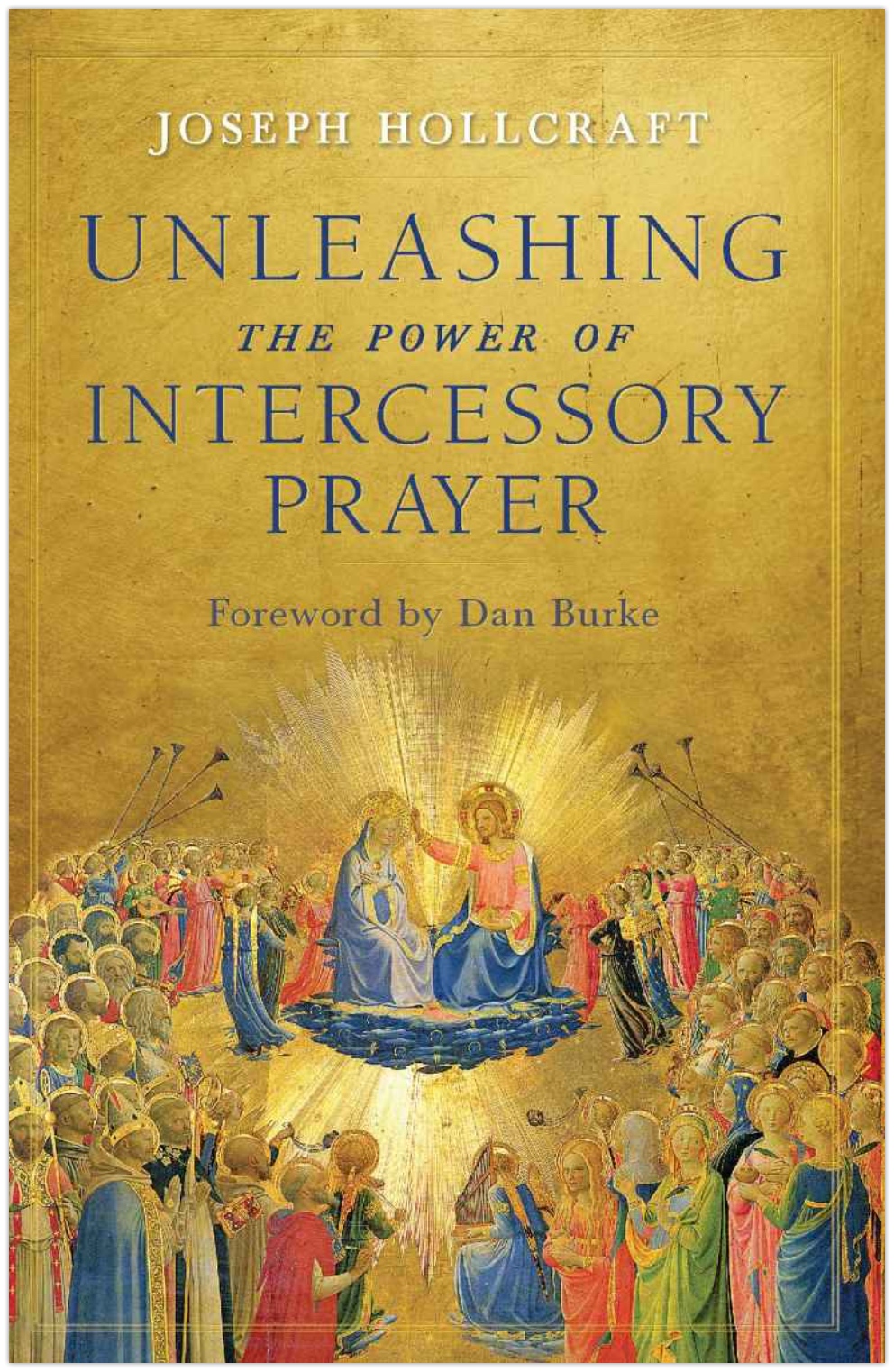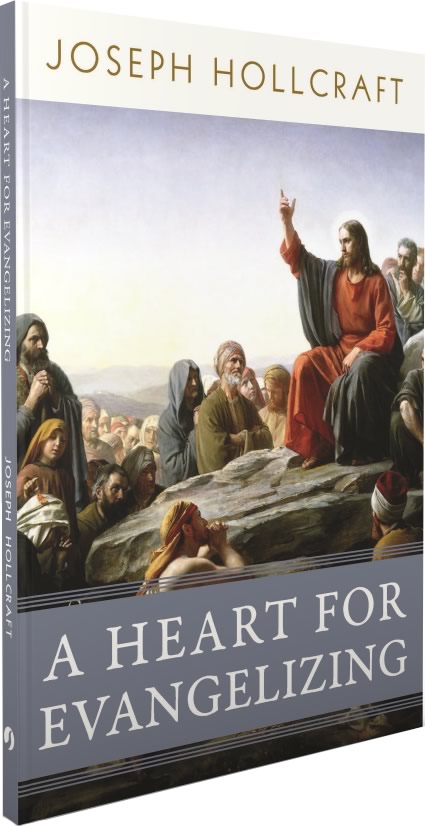Pondering G.K.'s Unconventional Way
On May 29, 1874, in the humble borough of Kensington, London, England, a man was born to us that would forever change the way we look at words. In commemoration of his birthday—one-hundred and forty-six years later, I find myself compelled to share a few words about a man whose words left us speechless. The man I speak of is G.K. Chesterton (Gilbert Keith Chesterton).
G.K. Chesterton is what you get when you combine a skilled journalist; an artful poet; a creative orator; a humble theologian; a philosopher who seeks truth; and an author who knows drama. G.K. Chesterton is a hybrid of many disciplines that have one thing in common, the artful use of words. He was like a surgeon with words. I suppose this is why we know him as “the Doctor of Common sense” - with his words, he had that ability to flip something upside down to turn it right side up. In so many ways, this inversion of writing is where he lived. He lived in that “tension of paradox” (to coin a phrase of Chesterton’s).
Incidentally, it is to remember that the word paradox comes from a Greek word that means “contrary to expectation”, or “a statement that is seemingly absurd, yet really true.” Putting it another way, a paradoxical view is a way of seeing something by looking at it from an unconventional vantage point.
As a Christian, Mr. Chesterton understood well that there was no greater arena for paradox than that of Christianity. In fact, the Christian genius is realized when we see God as the Great Paradox. The popular Fulton Sheen liked to speak of the paradox of God as God’s way of doing arithmetic: where loss becomes profit; weakness becomes strength, and death becomes life. Indeed, the “tension of paradox” is found in the “mathematics of God.”
In 2020, more than ever before, we are called to cross the threshold of paradox and discover what lies on the other side of it - that altogether unconventional vantage point. So let us consider some of the timeless truths that fell from the ink pen of G.K. Chesterton years ago (and I will offer up a few words of my own):
“A dead thing can go with the stream, but only a living thing can go against it.” The secular world is a stream of ideas that are contrary to God’s teaching and our call to holiness. Hoiness reveals the degree we are willing to go against that stream (holiness literally translates “to be set apart”). Holiness is the life of God working in us - living in us! In God, we can live against the torrents of the word. The world shoves the unloved to the margins; spits at the Truth of Christ and mocks such virtues as gentleness and piety. Working against the stream is to love the unloved; live in the Truth of Christ and espouse towards such virtues as gentleness and piety.
“What embitters the world is not excess of criticism, but an absence of self-criticism.” There is a lot of finger-pointing going on today, but it is often directed at the wrong person. It is time to point the finger in the mirror. This quote reminds me of the importance of self-knowledge in the spiritual life. By increasing in the knowledge of those areas in our life - those faults in our life that are holding us back in experiencing the superabundance of God’s joy, we can become the person God is calling us to be. As the great philosopher and theologian, Dietrich Von Hildebrand liked to talk about it, our volitional acts are conditioned to our cognitive apprehension. So the uprooting of our vices requires a thorough knowledge of our defects. Essentially, being equipped with an interior knowledge of our faults helps us to transform our lives concretely.
“To have a right to do a thing is not at all the same as to be right in doing it.” Freedom is not contingent upon the license to do whatever we want, but the act of doing what we ought, in the light of the greater good and the objective moral standard.
“Love means loving the unlovable – or it is no virtue at all.” According to Saint Thomas Aquinas, virtue is what disposes us to reason well - if love is absent, there is no sound reasoning. Love, by its very nature, wills the good of the other without condition. Love never declares: “I will the good of the other ‘if’…” There are no “ifs”, “buts”, and so on. What does this mean? Love reaches its fullness when it is exercised in mercy. Love is mercy when it encounters suffering and poverty and seeks to do something about it. Love is mercy when it encounters the supposed unlovable and wills their good (hence, why mercy also belongs to holiness). Mercifully loving is the most virtuous, reasonable thing we can do as Christians (see Mt 25:35-36).
“There are those who hate Christianity and call their hatred an all-embracing love for all religions.” What is the Doctor of Common sense telling us here? Ultimately, there is an intolerant nature of tolerance. We can never say do not impose your religion upon me - for the very statement: “do not impose” is an imposition of intolerance. Christ is not a way, truth, and life, but the way, truth, and life (see Jn 14:6).
“The way to love anything is to realize it may be lost.” For anyone who has lost a loved one, and feels they did not love that person as much as they would have liked, G.K. Chesterton’s words probably resonate with you. Maybe we can put this quote into the form of a question. How would you live today if it were your last? Don't waste time - pursue the good!
“I am” G.K. Chesterton was once asked: “what is wrong with the world?” His response was, “I am.” If we understood this truth for what it is, then every other truth would fall into place. Why? Before cities, states, and nations change, man must first change!
My dear friends, G.K. Chesterton’s thought is like a treasure chest of insights where you begin to expect the unexpected. G.K. Chesterton died on June 14, 1936. Eighty-four years later, we ought to draw from his words of wisdom - a wisdom that will leave you speechless!


